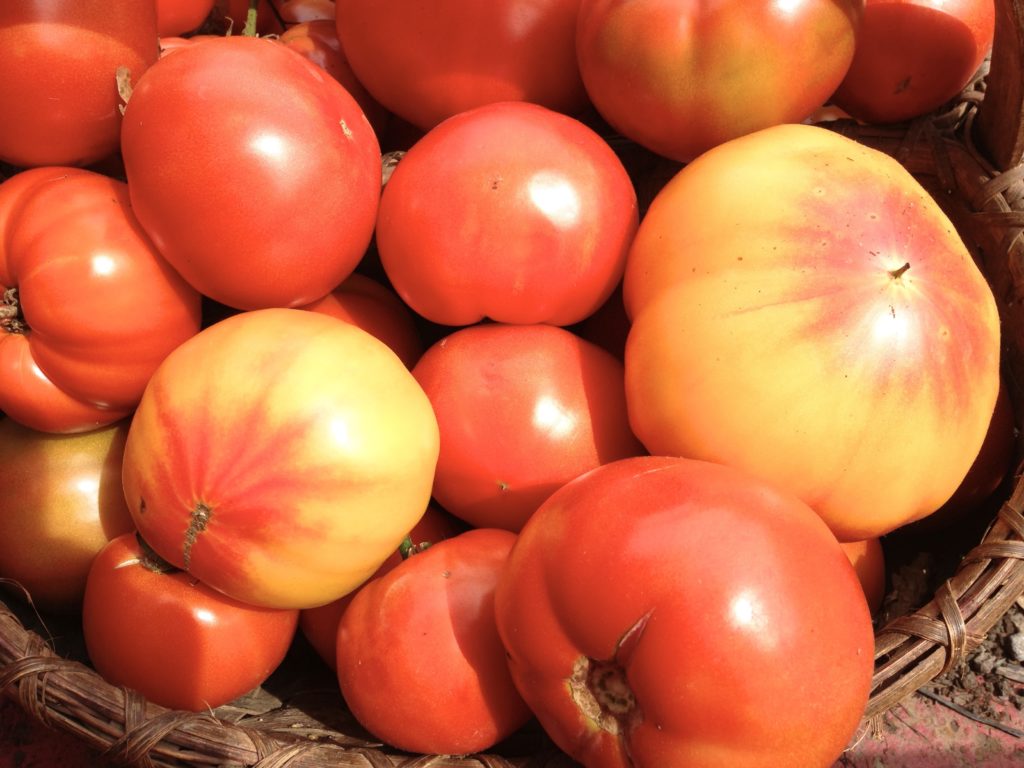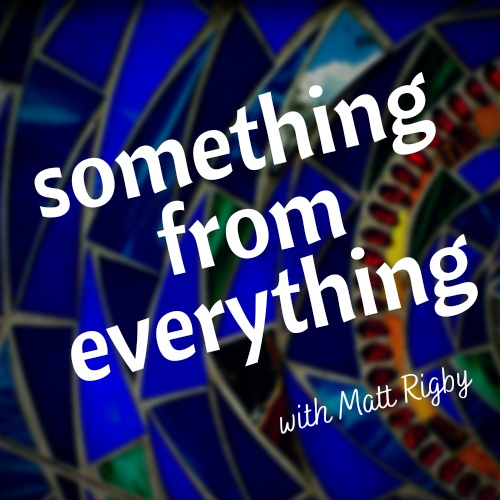
There’s something about the word, pleasure, isn’t there? I think it’s been absolutely hijacked by the sensual and erotic. And even though it plainly belongs there, I think it’s a word worth engaging in on an even more basic level.
(Which is to say that don’t worry, this website will remain SFW – safe for work- for at least one more post…).
Pleasure is hardwired into us. Obviously, that’s not a new insight, but what we do with the desire for pleasure has been discussed for centuries. It seems that on the two ends of the spectrum, the pursuit of pleasure is often encouraged exclusively (hedonistic egoism) or shunned and shamed (Anti-hedonism – which I think amounts to a denial of our basic self). I’ve come to believe that neither is very healthy.
Jean Vanier is a humanist, a philosopher and a theologian, and has founded a number of homes called L’Arche where people with disabilities, and those without, live together in community. He’s been invited to speak in Rome, in Geneva, and Toronto to both religious and secular organizations. He’s given a series of lectures at Massey Hall which were aired on CBC’s Ideas. He’s a recent recipient of the Templeton Prize, whose past recipients include Mother Teresa, Desmond Tutu, and the Dalai Lama. His quick and dirty biography is certainly inspiring, but he’s not one I would expect would speak so excitedly about pleasure. But that is what comes ringing through to me in his interview with Krista Tippett. Not a shaming or shunning of the desire for pleasure, but the all important question of “where, what activity, will give the greatest, deepest pleasure”.
That acknowledgement of the ‘greatest and deepest’ pleasure is the real trick here.
My wife is a vegetarian, and when I was first with her, I found many of her dishes to be bland. I really enjoyed the the savory tastes of meat and heavier sauces, so when she first slaved over a small kitchenette in Banff (where we lived) to create an apricot and walnut couscous dish, I smiled politely, and ate small bites, and when asked what I thought of her dish, attempted to answer diplomatically, yet truthfully,that it was good, just a little bland for my liking.
It has taken roughly ten years for us to bury that particular hatchet.
Fast forward to a week ago. Someone I work with was trying to limit the meat in their diet, realizing that their average plate was comprised of little else. I was excited, but also a bit ashamed to recall our go to dishes in the past week: slow cooked lentils on toasted buns (a vegetarian sloppy joe), chickpea quesadillas, Nasi Goreng (which sounds fancy but is simply fried rice toped with egg and pickle). And my personal favorite, I sheepishly ventured, was our version of a glory bowl – Brown rice, with beans and smoked tofu, covered with thinly sliced lettuce, red peppers, diced tomatoes (heirloom when we’re fortunate enough), cucumbers and topped with salsa.
I realized that to a dish, they were all simple creations – no more than 5 or 6 ingredients each, and all highlighted the individual ingredients present. I apologised, realizing that what I had really come to appreciate, was the simple pleasure of each grain and vegetable.
Now, let me be perfectly honest. I also love the heavy cream of a butter chicken, or the pho soup that has at its base a broth that has been simmering for hours. Or even the hot dog on the street corner covered in diced onions and sauerkraut and grainy mustard. And don’t even get me started on taco trucks (seriously! How could anyone even try to imply that a taco truck on every corner is a bad thing?…).
But a simple meal with my family where I enjoy the natural taste of each ingredient – this is the analogy to deep pleasure that came to mind. And it’s also true that this pleasure has been a long time in forming.
Jean Vanier’s reflection, and my realization about the meals I now enjoy have led me to the belief that it’s not an absence of pleasure we need, it’s actually more. But it’s the discipline to discover and work towards the question, “what is the greatest, deepest pleasure that I long for”?
Because I think it is good to enjoy the pleasure of the tomato grown in your garden, or the simple nutty texture of the short grain brown rice, or the simple crunch of the cucumber. But let’s be honest, I don’t get there without a bit of discipline. I don’t get there if I’m gorging myself on poutine and chicken wings each night.
(Side note – I often joke with Nadine that if she ever left me, things would go one of two ways: I would either hit the gym hard, and become obsessed with my physical appearance to attract as many people as possible or… a steady diet of poutine/chicken wings/ ice cream sundae. I think we all know which is most likely.)
(Second side note – I’d pretty much live at the Costco cafeteria).
Back on point.
Writing is another example of this deeper, greater pleasure. I love writing. Except when I hate writing. Which is a lot of the time. More precisely, I hate feeling like I have something inside of me that needs to come out in my writing, and then throwing it away after an hour or two of typing, and feeling more frustrated than before I began.
Recently I’ve started trying to take one consistent day for recreation and resting. I work shift work, so it’s been hard to nail down a ‘Sabbath’/ day of rest/ day of play, but I’ve been made aware of the important work that Brene Brown has surfaced on those who live wholeheartedly. Simply put, the whole-hearted play, and find ways in their life to express themselves creatively. And so, being that I often have three or four days off in a row (after working three to five 12 hour shifts), I’ve decided that my third day off will be a rest day. On that day, I can get together with friends for coffee, read, exercise (I can… I’m not saying I do…) play video games, binge Netflix… and I can write.
And a lot of days, I mostly write.
Why? Because right now, that is my deepest and greatest pleasure. And it takes a good amount of discipline – because I’m just starting out, and most days I’m not happy with it, and I can’t possibly do it while listening to music, or watching Netflix, or playing video games.
And look at the sum of Jean Vanier’s life. Numerous vibrant communities, a celebrated speaker and author, awarded presigiously – all (if we believe him) following his deepest and greatest pleasure. Now, he could be lying, of course, but I challenge you to find a picture of this man through the ages where his eyes are not beaming.
And when you consider that the thing that makes you come alive, the thing that is the most pleasurable, might also be good for you – might also be good for all those around you.
Man alive. That sounds pretty damn great.

September 14, 2016 at 7:11 pm
Pleasantly surprised to have stumbled upon your work here. I appreciate your thoughts as many resonated and reflected my own, while shining a little more light on things as well. It am a “student” of Jean Vanier and a listener of OnBeing, so to the three of you; thank you! In this case it has been my pleasure. All the best.
September 15, 2016 at 2:02 am
Thank you, Keisha!
I just recently discovered Jean Vanier through Krista Tippet book, Becoming Wise. The full OnBeing interview is wonderful, and I’m just working through his Massey Hall lectures.
I’ve also worked with Adults with disabilities in my professional life, but what I hear from him is really the breakdown of barriers between those with disabilities and those without.
Anyway. Enough rambling! Thanks for your kind words!